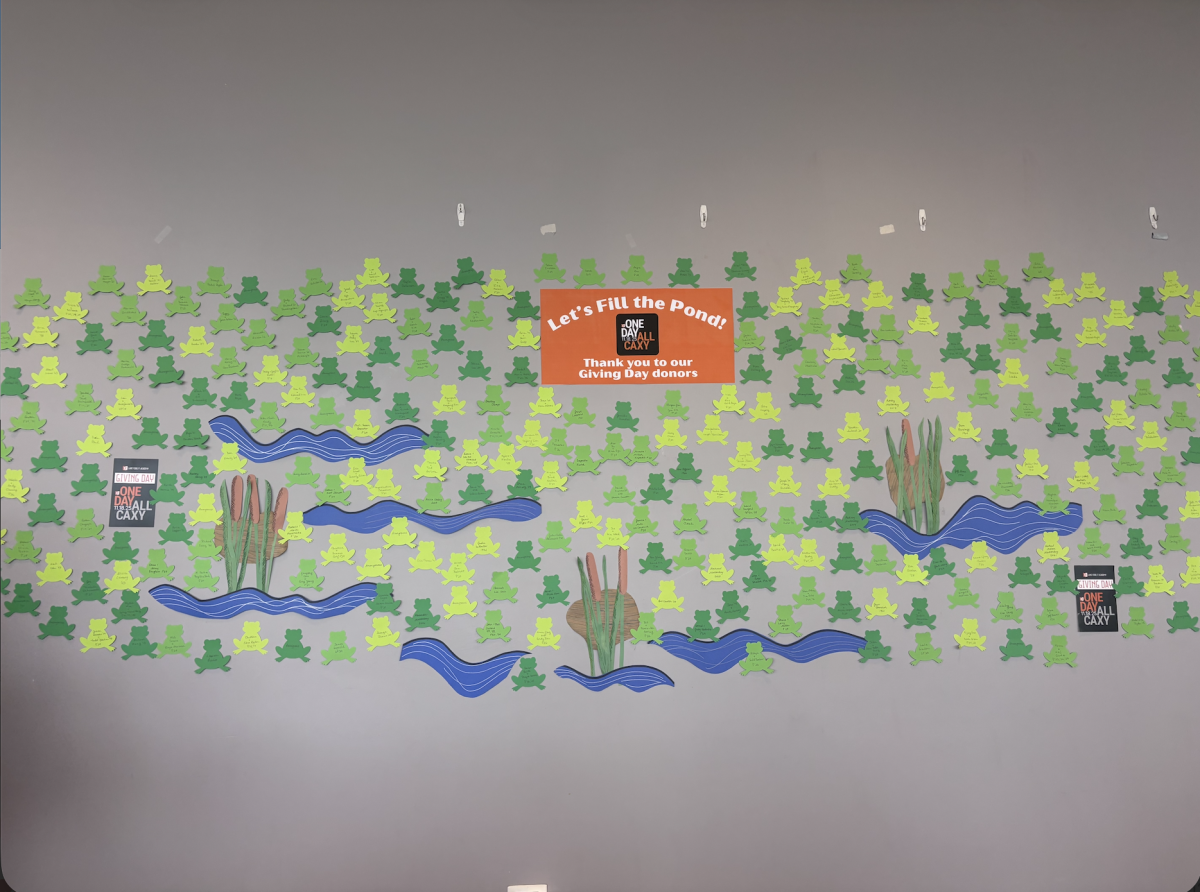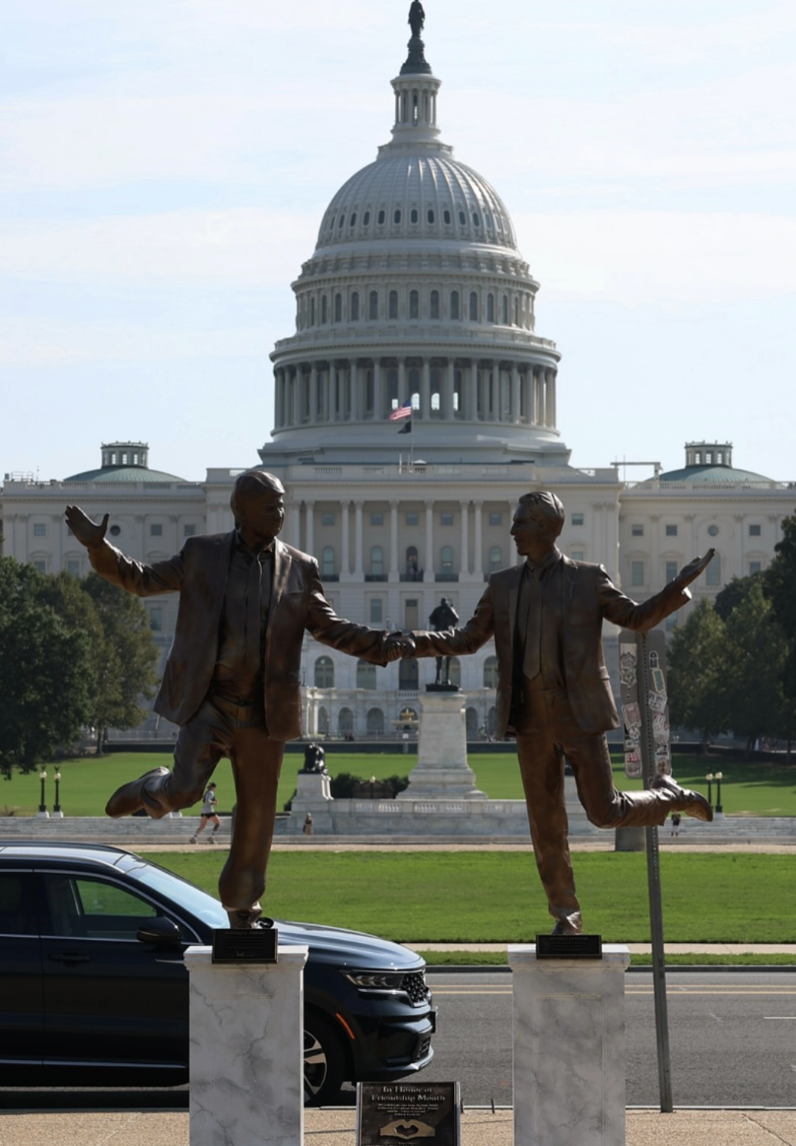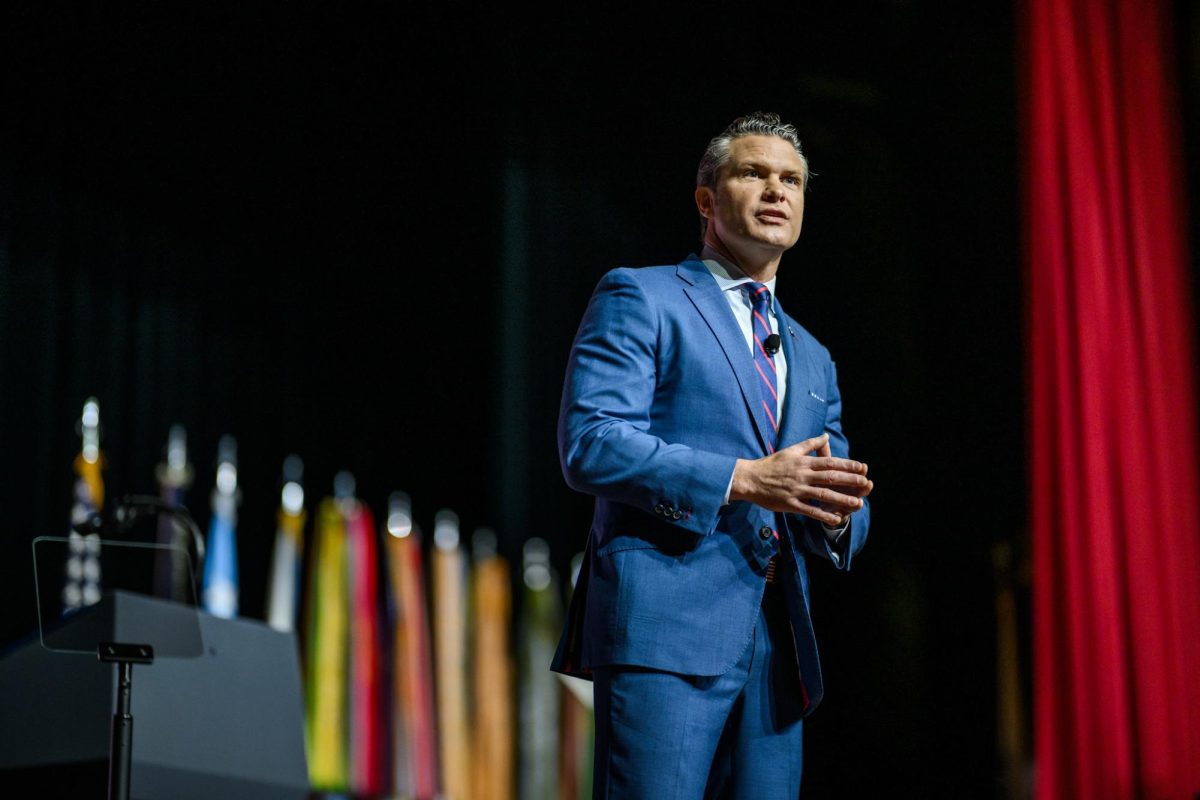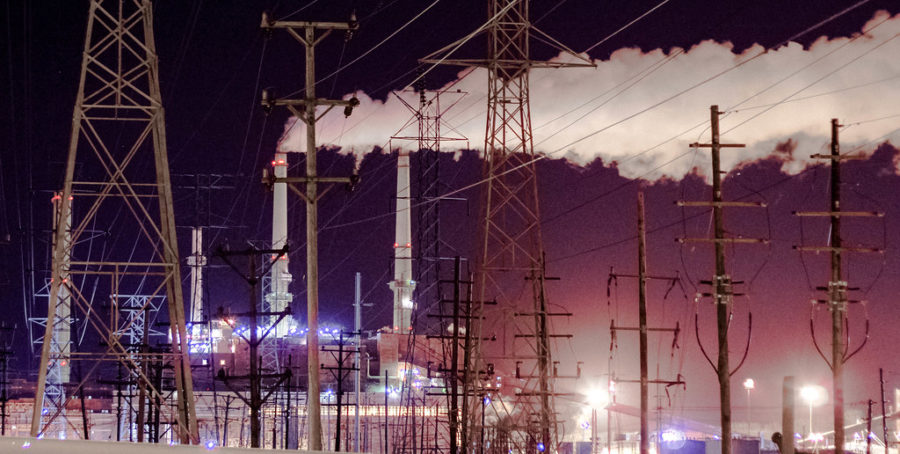Racism: The Overlooked Environmental Problem
Photo by Creative Commons
Power plant pollution in Waukegan.
April 26, 2022
When you think of the environment, what comes to mind? While most do not think of racism, discrimination in regards to environment and climate change is a real problem. This issue is called environmental racism: any policy or impact of the environment that affects individuals or communities based on race.
In environmental policy communities of color are much more likely to be targeted by large companies for power plants, landfills, and nuclear plants, as these communities have less resources to fight back against large corporations. As a result, they are disproportionately affected by climate change. For the people in the community, this means higher rates of chronic illness, higher probability of being affected by air and water pollution, cancer, etc. These groups are being exploited for their land, and most times receive no compensation for the damage made.
Indigenous communities especially have a long history with environmental racism, in which their sacred lands are used to extract resources. Black and Brown communities in the United States are in the same boat, with their communities chosen for plants or harmful facilities more frequently over white neighborhoods. The zip code a person lives in can not only determine their race, but also how affected they are by pollution.
This is not just an abstract concept, but one just outside of LFA’s front door. In February, a large General Iron scrap metal facility was almost built in a Latine community on the South Side of Chicago, just miles from Lake Forest. Originally, the facility was supposed to be placed in Lincoln Park, a predominantly White area of Chicago. Yet despite the fact that the South Side has higher rates of asthma and chronic health issues, General Iron proposed to move a high risk facility there. While the permit was denied by the City of Chicago, it took months of hard work and ordinary citizens becoming activists to protect their community.
Another blatant example is one you’ve most likely seen before. Take a look to your left when at Lake Forest Beach, and there it is: an almost 100 year old coal plant in our neighbor Waukegan’s backyard. While most Waukegan residents do not even know what the plant is, it has had immense impacts. 1 in 3 school children have frequent asthma attacks or asthma symptoms, and air pollution as well as coal ash waste cause health issues. The plant is being shut down June of 2022, a victory for the local activists. With renewable energy becoming more profitable, NRG shut down the coal plant for the company’s benefit, not for the health of Waukegan residents.
With this issue impacting LFA, remedy and support is necessary. Kevin Hagen, AP Environmental Science teacher, says it starts by, “Just understanding your own privilege of where you are.” As LFA students, we are lucky to exist in a place without much pollution. Therefore, it is our responsibility to recognize how we get our water, food, and resources. LFA needs to work with the surrounding communities to connect our students to those affected. To understand the humanity, not just the science, behind this issue. A connection between students and the surrounding community brings us one step closer to environmental justice.







































